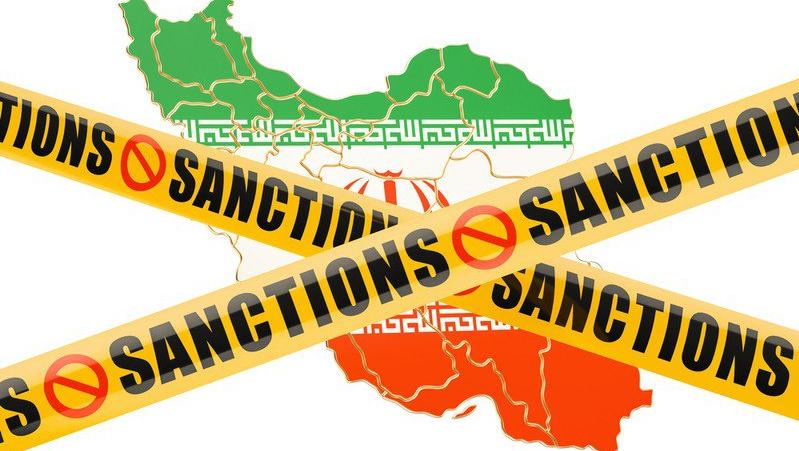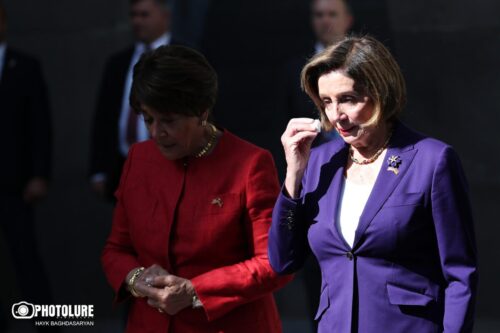
EU partially reinstates sanctions against Iran
The EU has agreed to reimpose a number of restrictive measures in relation to Iran’s nuclear proliferation activities, that had then been suspended with the entry into force of the Joint Plan of Action (JCPoA or Iran nuclear deal) in 2015.
The decision was taken after the reintroduction of the UN sanctions, following of the UN Security Council’s decision not to extend the lifting of sanctions on Iran. This occurred after the E3 (France, Germany and the United Kingdom) invoked the “snapback” mechanism foreseen in the JCPoA.
The measures reintroduced today include both those adopted by the UN Security Council since 2006 with successive UNSC resolutions and automatically transposed into EU law, and EU autonomous measures. They concern։
- travel bans for individuals, asset freezes for individuals and entities and, in line with this, the prohibition on making funds or economic resources available to those listed;
- economic and financial sanctions, covering the trade, financial and transport sectors.
In addition to the arms export ban to Iran and the ban on transfer of any items, materials, good and technology that could contribute to Iran’s enrichment-related and reprocessing activities and ballistic missile programmes, the measures also include bans on:
- imports purchase and transport of crude oil, natural gas, petrochemical and petroleum products and related services,
- the sale or supply of key equipment used in the energy sector,
- the sale or supply of gold, other precious metals and diamonds,
- certain naval equipment,
- a ban on certain software․
The EU is reimposing the freezing of assets of the Central Bank of Iran and of major Iranian commercial banks.


